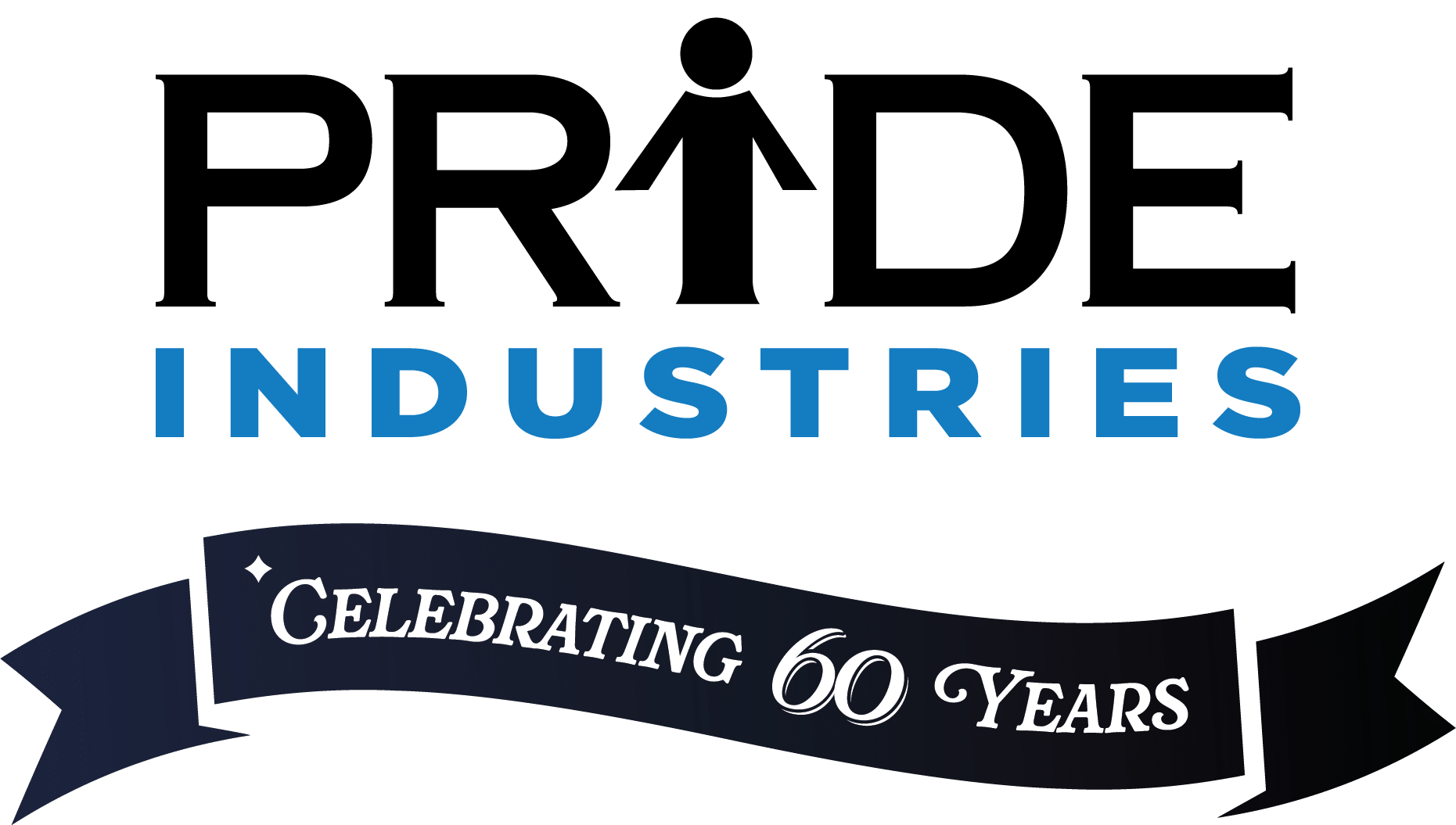Commercial facility management can be complicated, right? We’re talking buildings and grounds, yes, but also the systems, procedures, and protocols that keep those buildings and grounds operational, attractive, and clean. Amidst carrying out day-to-day business, these extra responsibilities can prove too much for property owners. Also, a poor management company can degrade facilities and employee and tenant satisfaction. A good commercial facilities management company can save an organization money while also leveraging the benefits that come with a sanitary, aesthetically pleasing, well-functioning workplace. But how to find the right commercial property management company for your organization? Here are 10 considerations:
1. Are is the facility management company reputable?
In a world where everything is Googleable, a little research can go a long way. Start by checking the Better Business Bureau’s website. Are there customer complaints? Compare them with others in the industry. Longevity matters, too, so how long have they been in business? Do they have longstanding customers?
2. Are they safe?
What do they do to foster a culture of health and safety? What’s their record? How do they approach preventative maintenance? The right commercial facilities management company not only saves money but also prevents injury and even saves lives.
3. Are they experienced with an organization of your size and configuration?
A college campus with several small buildings will require a different approach than, say, a high-rise office complex. Likewise, an industrial space or a military base will have different needs from a traditional office space. Bigger facilities will necessitate greater orchestration while smaller ones may require pin-pointed expertise in a certain system.
4. What value have they added to their customer’s organizations?
Have they reduced operational costs? Enhanced company culture? Improved preparedness? Get specific. By doing X for Company Y, they saved $Z. By what percentage were downtimes decreased? How has employee or tenant satisfaction measurably improved?
5. What technologies do they use and to what ends?
Start by asking about their computerized maintenance management system (CMMS). What type do they use? Do their technologies transform data into work orders? How have they informed preventative maintenance? Are they familiar with IoT applications? If so, which ones?
6. Are they sustainability minded?
7. What accreditations do they have?
The International Sanitary Supply Association (ISSA) Cleaning Industry Management Standard, Green Building with Honors (CIMS-GB with Honors) Certification is the gold standard for clean, green building management, for example.
8. Is their staff reliable?
At a time when people in the service industries are leaving jobs en masse, reliability is vital. What’s their turnover rate? Absenteeism? The custodial industry turnover averages around 200 percent. Constant turnover disrupts service quality due to a lack of consistency and knowledge, and tenant/employee satisfaction degrades.
9. Are they experienced in retro-commissioning?
Unlike traditional retrofitting, retro-conditioning focuses on maximizing efficiency in pre-existing buildings and grounds systems. Typical results include lower energy and water consumption, lower cost, and longer run-time between maintenance periods or replacement. Plus, the buildings and grounds become more comfortable for employees and customers. The right commercial facilities management company will have experience doing this.
10. Do they know what incentives are available for energy and water efficiency improvements and how to get them?
At federal, state, and county levels, rebates and pay-for-performance incentives are out there. Some utilities companies offer them as well—and sometimes they’re enough to completely pay for a system’s overhaul. In California, for example, utilities giant Pacific Gas & Electric’s Retro-conditioning program (RCx) will pay customers directly based on achieved annual energy savings per kilowatt hours.
A facility’s condition speaks volumes—to the employees who work there and the customers who visit. So, in considering 1-10 above, discern how each measure will enhance the experience of those who use the space. After all, facilities management is ultimately about people.
